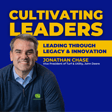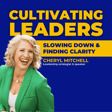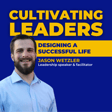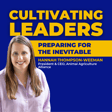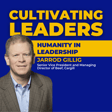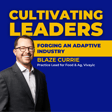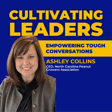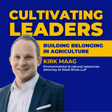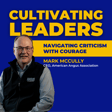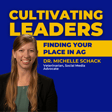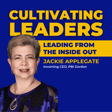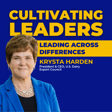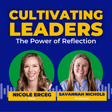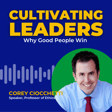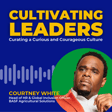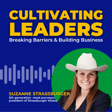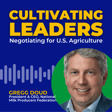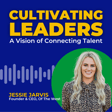
Leading Agriculture Forward with President Zippy Duvall
Your voice, multiplied across agriculture, can change the outcome of major decisions.
Zippy Duvall, President of the American Farm Bureau Federation, joins the Cultivating Leaders Podcast to share his experience with grassroots leadership, chasing innovation and creating sustainable agriculture leaders. President Duvall has built a career on telling the story of American agriculture by leaning on his experience of growing up on his family’s dairy farm in Georgia. Today, he represents millions of farmers across the country, which relies on finding unity across a diverse industry.
President Duvall covers:
- Telling Agriculture’s Story: grassroots organizations make a difference at every level in agriculture
- Balancing Tradition with Innovation: a sustainable agriculture industry means evolving to meet market demands
- Challenges and Opportunities for the Next Generation: it is important to equip future leaders with the skills to navigate challenges
This episode will inspire you to engage, adapt and invest in the leaders who will carry agriculture forward.
Connect with President Duvall
- American Farm Bureau Federation on LinkedIn
- President Zippy Duvall on Instagram
- American Farm Bureau on Instagram
- Visit their website
Connect with AFA
- Follow us on LinkedIn
- Follow us on Instagram
- Like us on Facebook
- Follow us on TikTok
- Visit our Website
About The Cultivating Leaders Podcast
Real stories. Practical advice. Tangible growth. Join The Cultivating Leaders Podcast, brought to you by Agriculture Future of America, as we explore what it takes to lead in food, agriculture, and beyond. Whether you’re just starting out or leading at the highest level, this podcast is your go-to resource for leadership that matters. Listen now and start cultivating your leadership journey.
Don’t forget to follow/subscribe so you never miss another episode!
